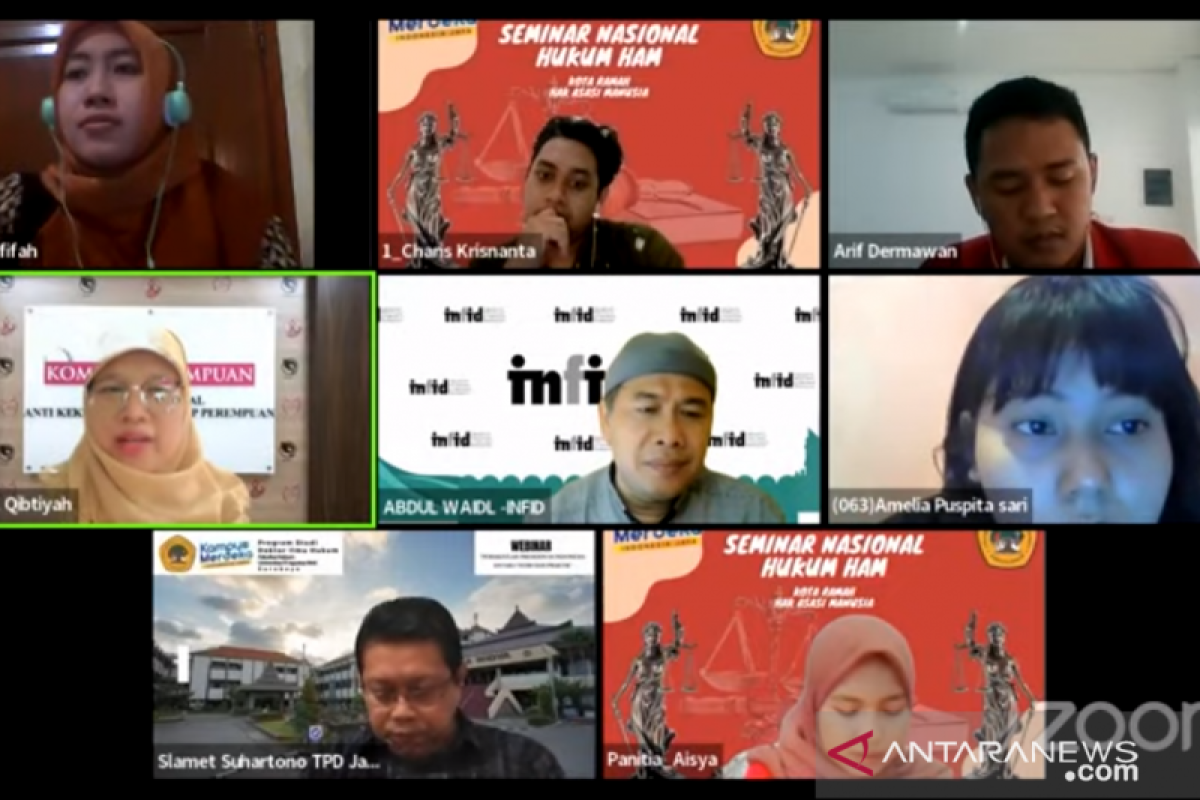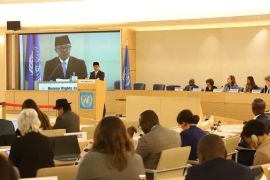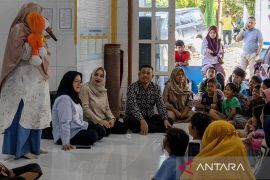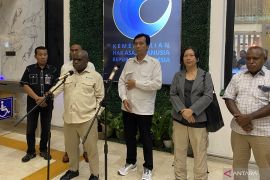This aims to achieve equality and gender justice as well as ensure compassion for the vulnerable groups in addition to realizing district or cities that care for human rights, she noted at a webinar here on Saturday.
In connection with access, Qibtiyah explained that this means the existence of equal access for everyone in human rights districts or cities to obtain basic rights as human beings in the existing policies, programs, or activities.
The participation aspect entails the involvement of all parties, starting from regional governments and stakeholders to the public within the planning and implementation of programs, policies, and activities within human rights districts or cities.
Related news: Govt seeks more human rights-friendly cities, districts
Thus, all parties could receive equal regional resources in all policies, programs, or activities within the human rights districts or cities, she noted.
The third aspect of control encompasses the necessary involvement of various parties in addition to regional governments in decision-making concerning policies or programs to realize human rights-friendly districts or cities.
"There is also a benefit regarding who gains from the policies, programs, and activities within human rights-friendly districts or cities," Qibtiyah stated.
Moreover, in realizing human rights-friendly districts or cities, regional governments should refer to the requirements listed in a certain regulation, she highlighted.
The regulation in question is Law and Human Rights Ministerial Regulation No. 34 of 2016 on Human Rights-Friendly Districts or Cities Criteria.
During the event, International NGO Forum on Indonesian Development's (INFID's) Human Rights and Democracy Program Senior Abdul Waidl remarked that the increasing cases of intolerance had driven the implementation of human rights-friendly districts or cities across Indonesia.
Related news: Resolve human rights violations through restorative justice: Ministry
Translator: Tri Meilani A, Fadhli Ruhman
Editor: Suharto
Copyright © ANTARA 2021











